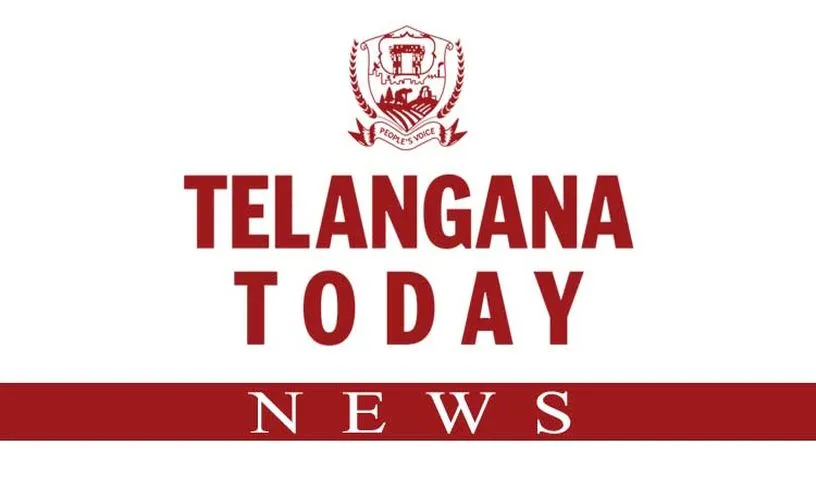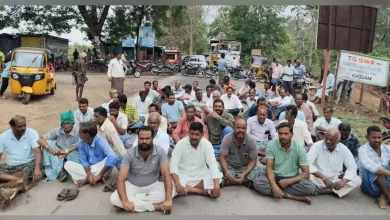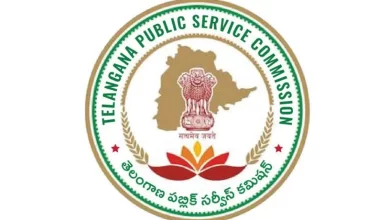Act poses threat of reviving old, flawed revenue system, giving undue power to revenue officials
Hyderabad: The Congress government plans to enforce the proposed Record of Rights (RoR) Act, 2024, commencing next month, promising sweeping reforms in Telangana’s land and revenue administration. On paper, it aims to streamline processes, simplify land record corrections and prevent fraud.
However, a closer examination reveals significant concerns, particularly its potential to revive a deeply flawed revenue system, giving undue power in the hands of revenue officers and placing citizens, especially farmers, at their mercy.
One of the central criticisms is the reintroduction of a system that grants considerable authority to revenue officers. A majority of the provisions in the proposed Act mandate revenue administration mechanism at the village level, which is likely to require the State government to revive the Village Revenue Officers (VROs) system, which was abolished by the previous BRS government to prevent corruption and irregularities.
Under the new law, tahsildars and revenue officers will have the power to unilaterally make decisions on land ownership based solely on possession, without adequate judicial oversight. This opens the door to widespread misuse and corruption, as decisions on land records could be manipulated to favour certain parties, thereby undermining the very transparency the law claims to promote.
One major issue is Section 4(6), which allows tahsildars and RDOs to alter land records based on possession claims. Experts warn that this provision could lead to fraudulent changes, with minimal accountability and limited options for appeals, leaving farmers vulnerable to arbitrary decisions. “This unchecked power could lead to widespread corruption, as it shifts decision-making powers from courts to individual officers, with limited accountability,” observed a retired revenue officer and consultant, adding that the lack of efficient recourse makes the situation worse for landowners.
Moreover, the proposal to allow unregistered transactions, or saadabainama, to be regularised (Section 6) poses a significant risk. Experts believe this could encourage the misuse of land records, as it has done in the past, leading to disputes and loss of government revenue through unpaid registration fees and stamp duties. “The potential for fraud here is enormous, and it’s a step back from efforts to clean up the system,” said another expert.
The proposed law also neglects crucial safeguards such as the Land Appellate Tribunals (LAT), which were promised by the Congress in their manifesto. Without an independent tribunal to handle land disputes, farmers are left with no recourse but to approach senior officials for resolution — a practically impossible task for many rural landowners, thereby reinstating their dependence on a corrupt and inefficient local administration.
Additionally, by scrapping the existing Dharani portal — introduced by the previous BRS government to integrate digital land records — the Congress government is effectively undoing reforms that aimed at eliminating bureaucratic red tape. While the Dharani portal had its flaws, replacing it with the Bhumata portal doesn’t guarantee solutions. Instead, it risks creating more confusion and technical glitches that could further delay justice for landowners.
The proposed law may bring back the worst of the old revenue system, making farmers vulnerable to exploitation. While packaged as a reform, the RoR Act 2024 risks reversing years of progress made in land transparency, placing Telangana’s citizens — particularly farmers — at the mercy of a corrupt and inefficient revenue bureaucracy once again.
For Telangana’s rural population, this proposed legislation could be a step backward, reintroducing an outdated system that is poised to create more problems than it solves.








